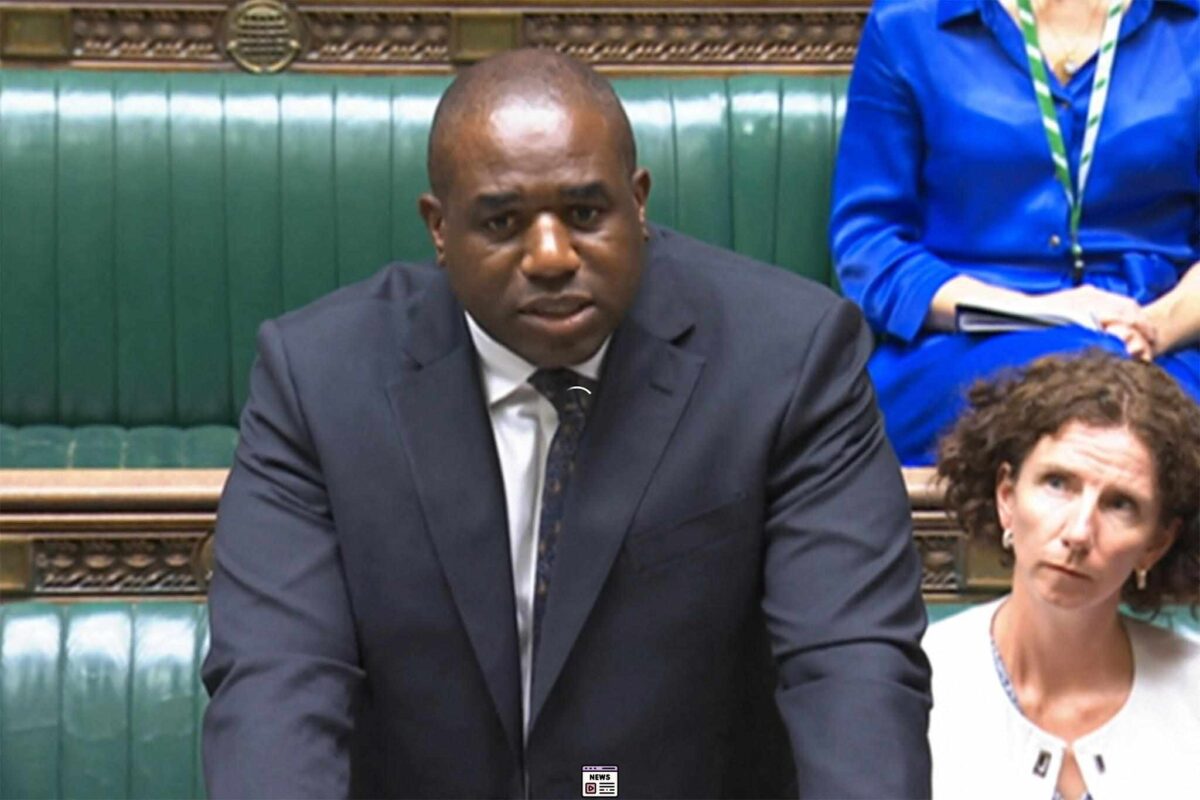Updated on: October 7, 2024 4:30 am GMT
The situation in Israel and Gaza is incredibly complex and deeply emotional for many people, especially with the ongoing conflict and the significant political tensions surrounding it. Have you been feeling confused or overwhelmed by the news? You’re definitely not alone. The headlines can feel heavier every day, and sorting through the different viewpoints can be challenging. Look at this: families in Tel Aviv are rallying, calling for the government to prioritize hostages taken by Hamas, while political leaders in the UK are facing harsh criticism for their decision to suspend some arms sales to Israel. It’s a tangled web of sentiments, decisions, and consequences that affects so many lives.
In this post, we’ll break down the recent developments, the reactions they’ve sparked, and what this could mean moving forward. You’ll have a clear understanding of how political decisions resonate on a personal level, impacting families and communities in real and significant ways. Together, we can make sense of this unfolding story and explore how these events shape our understanding of international relations.
A Call for Action: The Families of Hostages
In Tel Aviv, a massive rally is planned, led by the families of individuals taken hostage during the recent war. This group is uniting to demand that the Israeli government make securing a deal for their loved ones a top priority. The country’s leaders are grappling with their war aims against Hamas while navigating the deep sorrow and anger that many Israelis feel over the loss of life, including the death of hostages returning to Israel in body bags.
UK Arms Suspension: A Controversial Decision
On the political front, the UK government’s decision to suspend some arms sales to Israel has stirred significant debate. Critics argue that the timing of the announcement—coinciding with the funerals of hostages killed by Hamas—was insensitive. This action has vacillated between being seen as a crucial stand for human rights and a political maneuver that may upset Israel, a key ally.
Diverging Paths: UK and US Policies
Interestingly, this decision has sparked a noticeable shift between UK and US policies on arms sales. While the UK has been more cautious, suspending 30 out of 350 arms licenses due to concerns over potential breaches of international law, the US continues to reaffirm its support for Israel. This divergence could have broader implications for diplomatic relations within Europe and the US.
Responses to the Announcement
Former Defence Secretary John Healey defended the UK’s stance, urging that this measure was about respecting the rule of law and not picking sides. However, many—including leaders within Israel—view this as a blow to a close ally during a time of war. The debate ignites questions about where to draw the line between supporting a nation’s self-defense and ensuring adherence to international laws that protect civilians.
The Growing Call for Ceasefire
Amidst the call for stronger action on hostages, voices within Israel are also advocating for a ceasefire. Politicians and former military leaders express concern that a strategy focused solely on military objectives may lead to more loss of life. They argue for negotiations that would prioritize human lives over military tactics, highlighting the fragile nature of public sentiment in Israel regarding Prime Minister Netanyahu’s handling of the situation.
Looking Ahead: What Could This Mean?
As the rally in Tel Aviv approaches and political discussions continue, the question remains: how will these events shape Israel’s future strategy in the ongoing conflict with Hamas? The pressure is mounting for the government to act decisively, and many eyes are watching closely.
In navigating these turbulent waters, it’s essential to remain informed and engaged. The unfolding story in Israel and Gaza is not just a political issue; it’s deeply personal for many families caught in the crossfire. Staying updated on these developments enables us to understand the broader implications and potentially advocate for a resolution that prioritizes human life, dignity, and peace.
Now, what can you do? Stay informed, lend your voice to calls for peace, and engage in conversations that promote understanding and empathy. If you have questions or thoughts about this situation, don’t hesitate to share! Together, we can support each other through these challenging times.
FAQs
- What is the significance of the recent arms sales suspension by the UK?
The UK’s decision to suspend some arms sales is seen as a move to uphold international laws regarding warfare and civilian protection, but the timing has raised concerns and criticisms.
- How are families of hostages in Israel reacting?
Families are organizing rallies to press the government for urgent action to secure the release of hostages taken by Hamas during the conflict.
- What are the differing positions of the UK and US regarding Israel?
While the UK has decided to suspend certain arms licenses, the US continues to strongly support Israel’s military efforts, reflecting a split between the two allies.
- What are politicians in Israel saying about the handling of the hostage situation?
There is growing pressure on Prime Minister Netanyahu to shift focus toward negotiating the release of hostages rather than purely military objectives, amidst increasing criticism from other political figures.
It’s important to keep talking about things that matter. Let’s keep discussing these topics so we can understand our world better!
